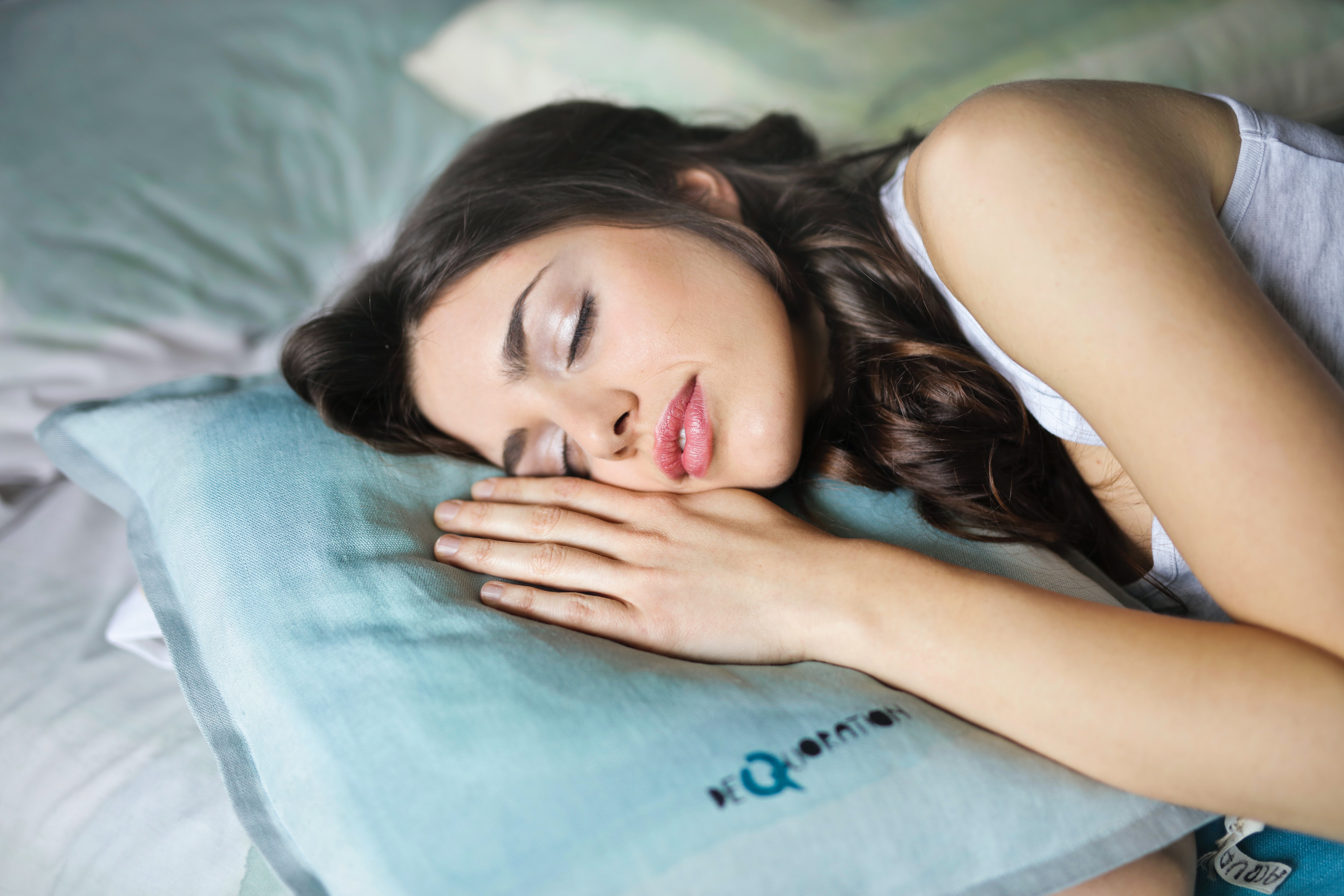A good night’s sleep is incredibly important for your health.
In fact, it’s just as important as eating healthy and exercising.
Unfortunately, there’s a lot that can interfere with natural sleep patterns.
People are now sleeping less than they did in the past, and sleep quality has decreased as well.
Why is sleep so important?
Sleep plays a critical role in helping our bodies and minds recover and rejuvenate. As a result, sleep contributes to improvements in learning and promotes regulatory functions such as emotional and behavioral control that are important for each and every day. Some examples of physiological and behavioral benefits of sleep include:
- Improving our ability to learn new information and form memories
- Restoring neural connections
- Assisting in optimal emotional control, decision making, and social interaction
How much sleep do you need?
The optimal amount of sleep for each person may vary, but generally research suggests 7-9 hours per night for college-aged populations.
How much sleep are college students getting?
As you might guess, most college students do not get the recommended amount of sleep necessary to maximize its benefits. Sleep is particularly important for college students because sufficient sleep has been linked to increases in GPA! Research has found:
- 50% of college students report daytime sleepiness, and 70% report insufficient sleep.
- The GPAS of students receiving 9+ hours of sleep per night were significantly higher (3.24) than those of students receiving 6 or fewer hours of sleep per night (2.74).
Sleeping to Succeed
Within the busy schedules of college students, sleep is often the first thing to go when trying to squeeze in all of the academic, social, and extracurricular activities that are often part of campus life. And when you’re taking online classes remotely, you may find yourself catching up on asynchronous course content at any hour of day or night while the rest of the household sleeps. This handout discusses why it is important to maintain healthy sleep habits and provides tips and tricks on how to do it!

What types of things affect falling and staying asleep?
Sleep can be affected by a number of things including how we treat our bodies, what we put in our bodies, and how we interact with our environment:
- Caffeine
- Screen light
- Sleep routines (regular bedtime)
- Exercise
- Diet
- Decongestant stimulants and/or diet pills
- Nicotine
- Alcohol
Although alcohol may help you fall asleep because it is a depressant, it reduces sleep stages II, IV, and REM, which are the restorative sleep stages.
How to optimize your sleep
Given what we know about sleep, there are a number of things you can do and avoid to improve your sleep cycle. This list is not exhaustive, but it includes many suggestions that help in falling and staying asleep so you can get the 7-9 hours your body and mind need.
THINGS YOU MAY WANT TO TRY
- Allow yourself enough time to sleep.
- Gradually set earlier bedtimes when attempting to adjust your sleep cycle.
- Expose yourself to bright light in the morning to help wake you up.
- Keep your bedroom cool, dark, and quiet to help fall asleep.
- Exercise regularly but not right before bed.
- Maintain a regular sleep routine on weekdays and weekends.
- Relax as much as possible before bed. This can include taking a warm bath, meditating, or reading something that is not cognitively taxing.
- Re-evaluate your daily schedule and make time for 7-9 hours of sleep every night.
- Prioritize and protect your sleep time. Find a friend who can help keep you accountable for going to sleep at your goal bedtime each night.
- Structure your day and plan ahead on your exams, assignments, due dates, and activities so that you don’t have to end up cramming or working late into the night. Use a weekly calendar and/or a priorities list to help take control of your to-do lists and better manage your time to prioritize sleep.
- Make an appointment with an academic coach to talk one-on-one about your schedule, sleep habits, and study habits and how to manage your time to prioritize sleep.
The bottom line
Along with nutrition and exercise, good sleep is one of the pillars of health.
You simply cannot achieve optimal health without taking care of your sleep.


